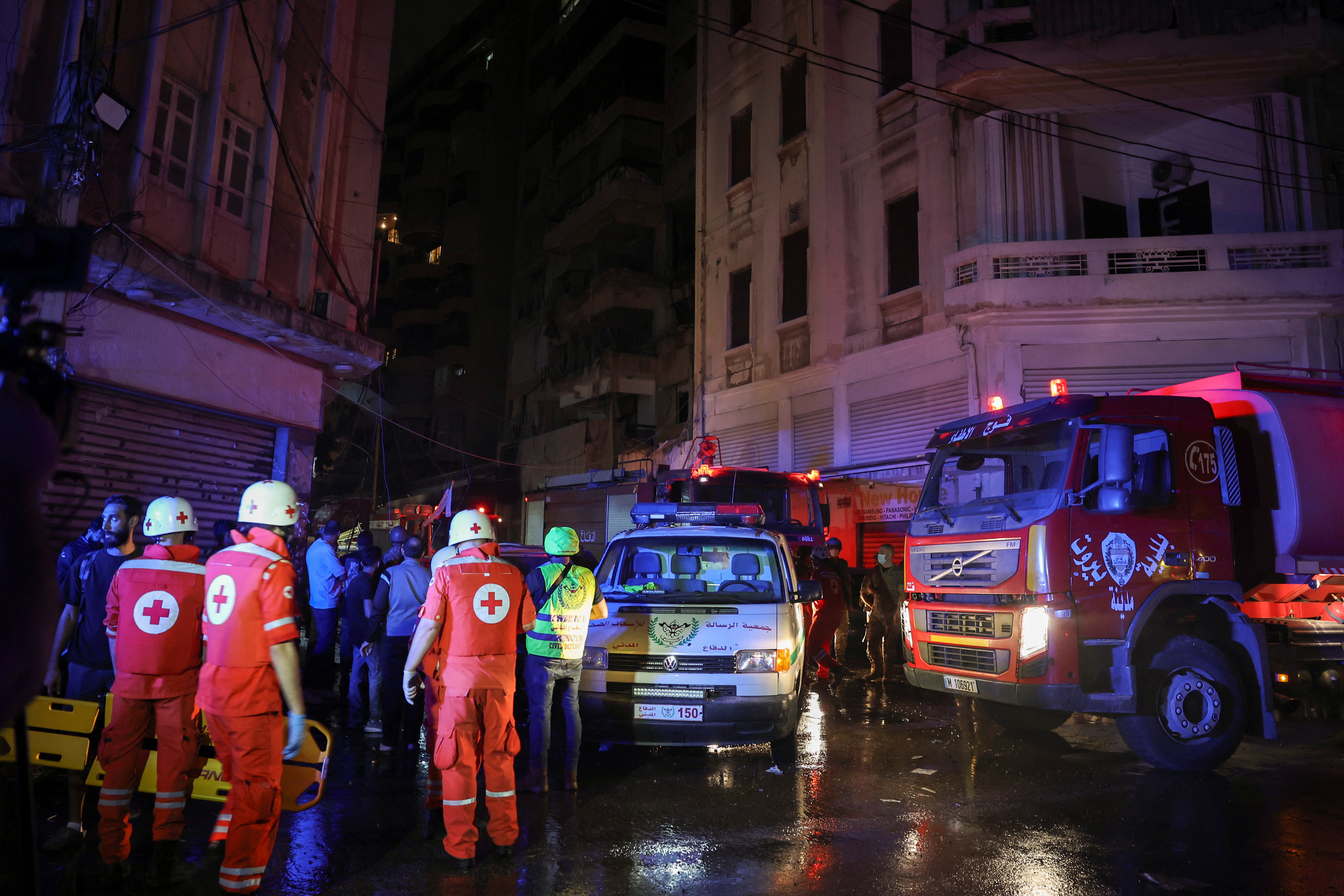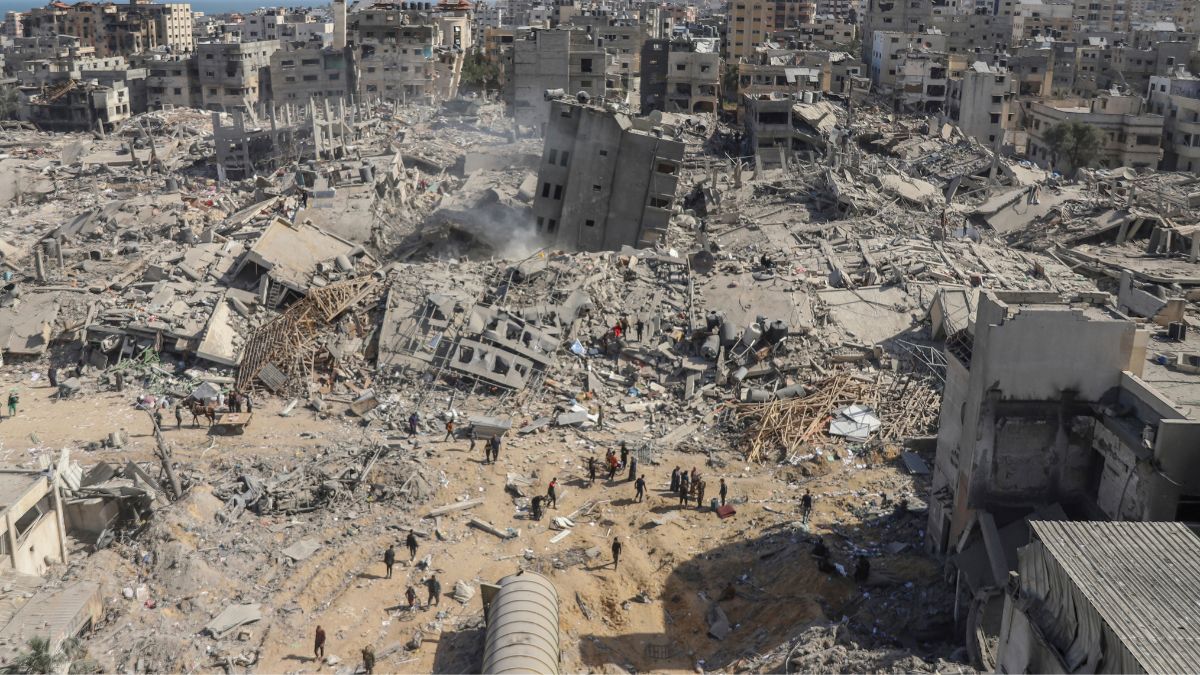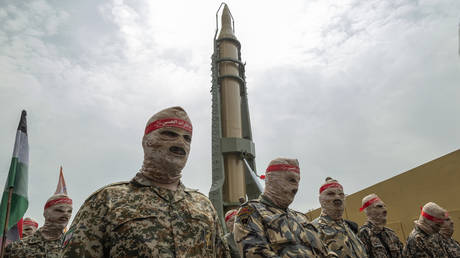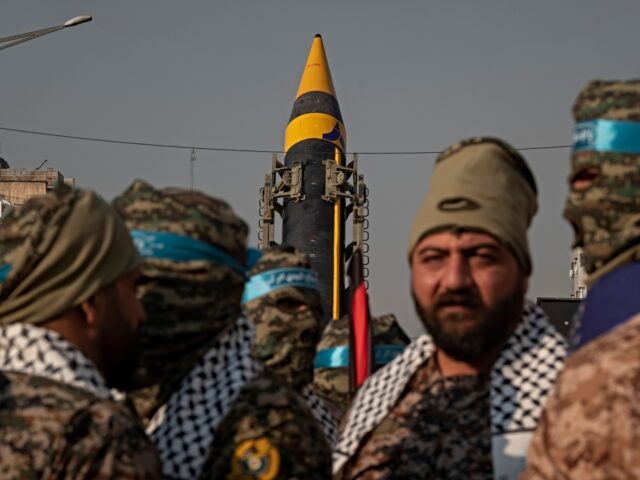Gulf states are lobbying Washington to stop Israel from attacking Iran's oil sites because they are concerned their own oil facilities could come under fire from Tehran's proxies if the conflict escalates, three Gulf sources said.
Gulf states urge US to stop Israel from bombing Iran's oil sites
Countries fear Tehran's possible retaliation against them should the conflict escalate after Iran warns them against allowing Israeli aircraft or missiles in their airspace
Countries fear Tehran's possible retaliation against them should the conflict escalate after Iran warns them against allowing Israeli aircraft or missiles in their airspace
Israel has promised Iran will pay for its missile attack last week while Tehran has said any retaliation would be met with vast destruction, raising fears of a wider war in the region that could suck in the United States.
The moves by the Gulf states come after a diplomatic push by non-Arab Shi'ite Iran to persuade its Sunni Gulf neighbors to use their influence with Washington amid rising concerns Israel could target Iran's oil production facilities.
During meetings this week, Iran warned Saudi Arabia it could not guarantee the safety of the Gulf kingdom's oil facilities if Israel were given any assistance in carrying out an attack, a senior Iranian official and an Iranian diplomat said.
Ali Shihabi, a Saudi analyst close to the Saudi royal court, said: "The Iranians have stated: 'If the Gulf states open up their airspace to Israel, that would be an act of war'."
- The diplomat said Tehran had sent a clear message to Riyadh that its allies in countries such as Iraq or Yemen might respond if there was any regional support for Israel against Iran.
A potential Israeli strike was the focus of talks on Wednesday between Saudi de facto ruler, Crown Prince Mohammed bin Salman, and Iranian Foreign Minister Abbas Araqchi, who was on a Gulf tour to rally support, Gulf and Iranian sources said.
The three Gulf sources stated that Saudi Arabia, as a leading oil exporter along with oil-producing neighbors - the UAE, Qatar, Kuwait, Oman and Bahrain - had a keen interest in de-escalating the situation.
"We will be in the middle of a missile war. There is serious concern, especially if the Israeli strike targets Iran's oil installations," a second Gulf source said.
The three Gulf sources said an Israeli strike on Iran's oil infrastructure would have a global impact, particularly for China - Iran's top oil customer - as well as for Kamala Harris ahead of the Nov. 5 presidential election in which she is running against Donald Trump.
"If oil prices surge to $120 per barrel, it would harm both the U.S. economy and Harris' chances in the election. So they (Americans) won't allow the oil war to expand," the first Gulf source said.
Gulf sources said safeguarding all oil installations remained a challenge, despite having advanced missile and Patriot defense systems, so the primary approach remained diplomatic: signaling to Iran that Gulf states pose no threat.
Bernard Haykel, professor of Near East Studies at Princeton University, noted that Riyadh was vulnerable "because the Iranians can swarm those installations given the short distance from the mainland".
=



)






No comments:
Post a Comment